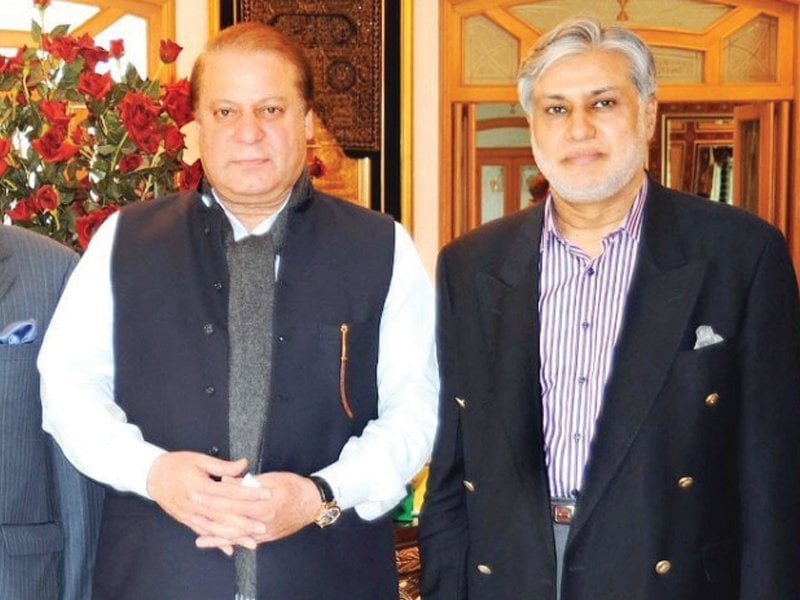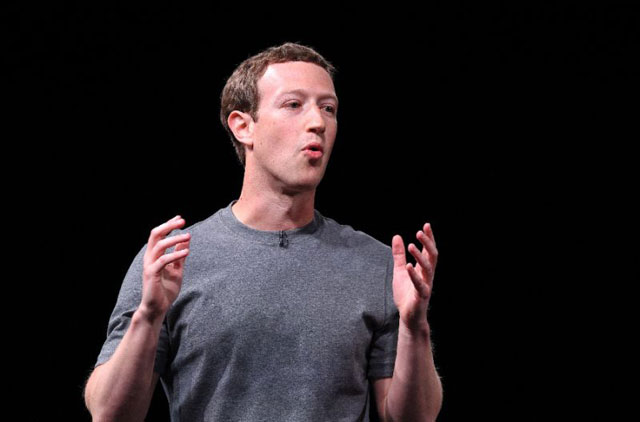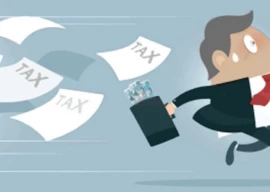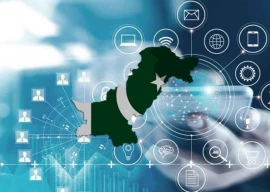
The omens are good so far. The newly inducted PML-N government, in its third stint in power has so far shown political maturity in a lot of the decisions it has taken and its economic team is also showing signs that it is willing to take the more prudent, albeit less popular, decisions that are necessary if they are to have any chance of fulfilling a lot of the promises made before the elections.
So far there is little of the blame-game, and little of the ‘they did it, why do we have to fix it’ attitude that has been the bane of most governments, both military and civilian.
Political maturity
The decision to not try and form a government in Khyber-Pakhtunkhwa was a sign of political maturity and even if it may have been made out of political expediency, it should be lauded. K-P will be a tough test for the Pakistan Tehreek-i-Insaf (PTI) and the PML-N stands to lose nothing by giving this challenge to the Insafians but may stand to gain a lot if the PTI stumbles.
Similarly the decision to not insist that the chief minister of Balochistan should be from the PML-N – a move that was crucial to removing the deadlock in the country’s smallest province – was also a sign that Nawaz Sharif, is finally making the transition from being a politician to, dare we say, a statesman?
The 18th Constitutional Amendment, among other things has also enforced some discipline on all future governments by limiting the size of the cabinet to a maximum of 11% of the Majlis-i-Shoora or parliament. After the enforcement of the article, the strength of the federal cabinet cannot exceed 49 members because the total membership of parliament comes to 446 (342 MNAs and 104 senators).
At one time the PPP government’s cabinet was over 60 ministers and advisers. This is much larger than the cabinets of India and China, the two most populous nations in the world which are also much bigger than Pakistan by land mass.
In comparison, the size of the newly-sworn-in PML-N cabinet is 25, for now. These include just 16 federal ministers while the rest are ministers of state and junior ministers. So far Nawaz Sharif has not shown any inclination to distribute ministries as political favours, a luxury afforded to the PML-N because it has acquired a substantial majority in the federal and Punjab assemblies. Even with the restriction put in place by the 18th Amendment, it is not an easy task, in our political setup to show any kind of fiscal or regulatory discipline, so if Nawaz can continue to restrict the size of his cabinet, it will be a clear indicator that he means business.
However this may not be the case when cabinets are finalised for Balochistan and K-P where coalition governments are in place and it will be a much harder task to avoid giving political favours.
The power crisis
The signals that are emanating from the PML-N camp suggest that there will be an increase in electricity rates – which will have an immediate impact – to try and reduce the circular debt. This is an important step, because unless power rates go up, coupled with the elimination of subsidies, any investment in the power sector will just be swallowed up by the circular debt which has already crossed Rs500 billion.
At the same time the government intends to divert gas from captive power plants to Independent Power Producers – based on efficiency – so that the national grid sees a smaller shortfall. There is also the chance that gas rates will be increased except for life-line users. The indications are also very strong that the new government will not be very supportive of the CNG industry. This is also likely to prove to be a wise move since CNG has not really benefited the lower segments of society, and in fact has been more of a drain on gas resources in Punjab than in any other province.
So far the only move that has not inspired is the fact that the government plans to raise the tax collection target for next year, but so far has not disclosed how this will be done. But they don’t have a choice, except to try and increase revenues in any way they can. As Ishaq Dar rightly put it, “Only austerity cannot help overcome the crisis and we have to increase the tax base”.
Published in The Express Tribune, June 10th, 2013.
Like Business on Facebook to stay informed and join in the conversation.
COMMENTS (5)
Comments are moderated and generally will be posted if they are on-topic and not abusive.
For more information, please see our Comments FAQ







1734899716-0/image-(15)1734899716-0-270x192.webp)
1734899549-0/image-(16)1734899549-0-270x192.webp)













When Khwaja Asif says that load-shedding cannot be controlled in three years, it shows how much business Muslim League N wanted, when they were preparing the manifesto and now.
According to head of CNG association, about 60 to 70 MNAs in the sitting government are making money from CNG, so how can mian sahib put an end to this mafia industry?
@Adeel: They can't ban CNG for vehicles because people are more richer than Govt.
I could suggest few more ideas but "First Thing First"; Stop the leaks in the money bag starting from the Tax Collection. Hire efficient and honest tax collectors and the method the government use to collect. That money alone can give a boost to the moral of the team specially in "available funds" area. I have great hopes from Nawaz Sharif when it comes to genuine and original ideas. He is an industrialist and knows what steps need to be taken for fast production and profitable business, no short cuts please. Just avoid the advice from anyone who's schemes were not successful in past. Merit is good if it cater from whole Pakistan not just the familiar faces.
The Government should do the following instead of increasing power rates: 1. Ban CNG altogether instead of closing it on some days of the week. 2. Stop line losses. 3. Encourage private sector to invest in non-thermal power plants.